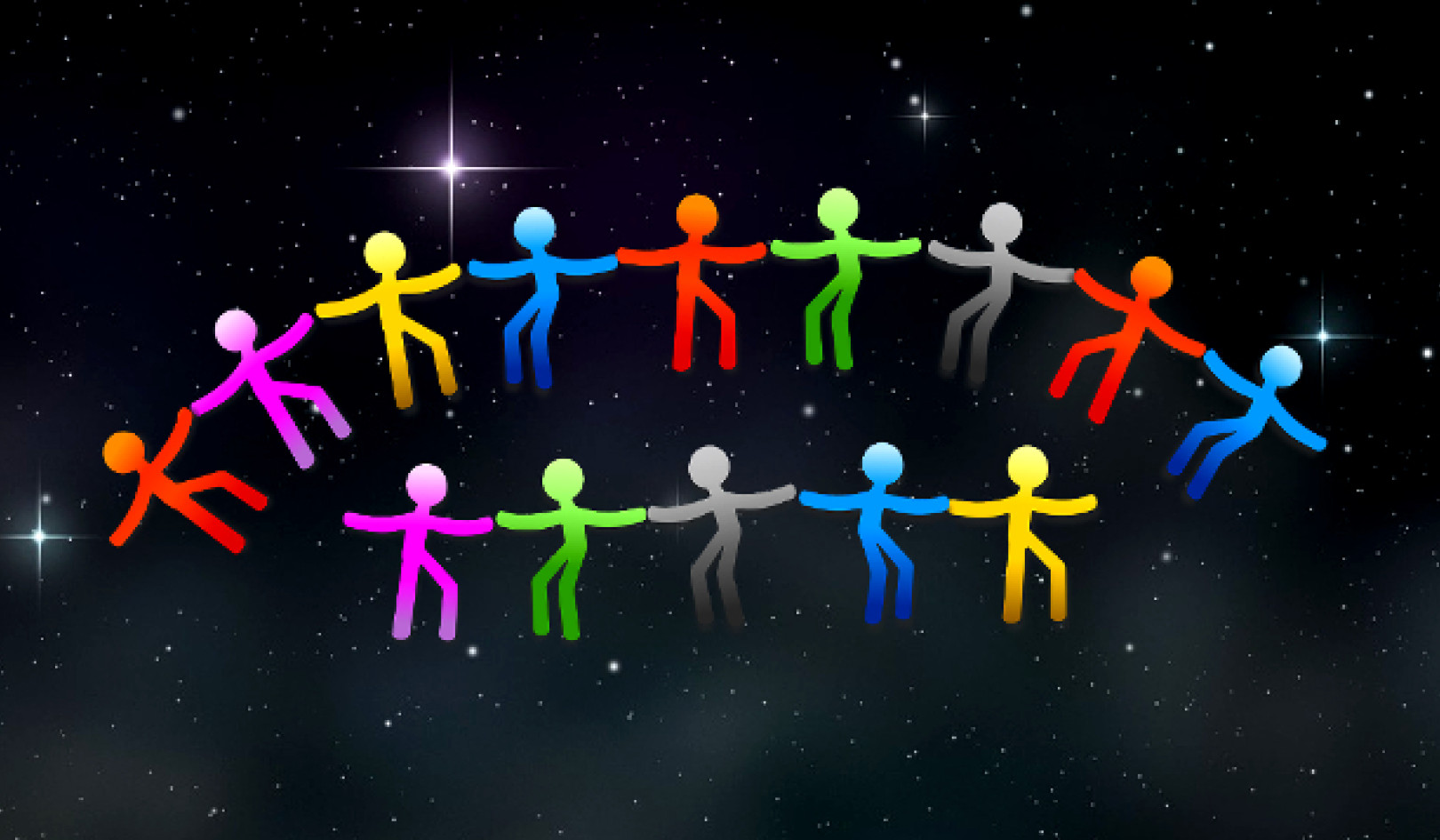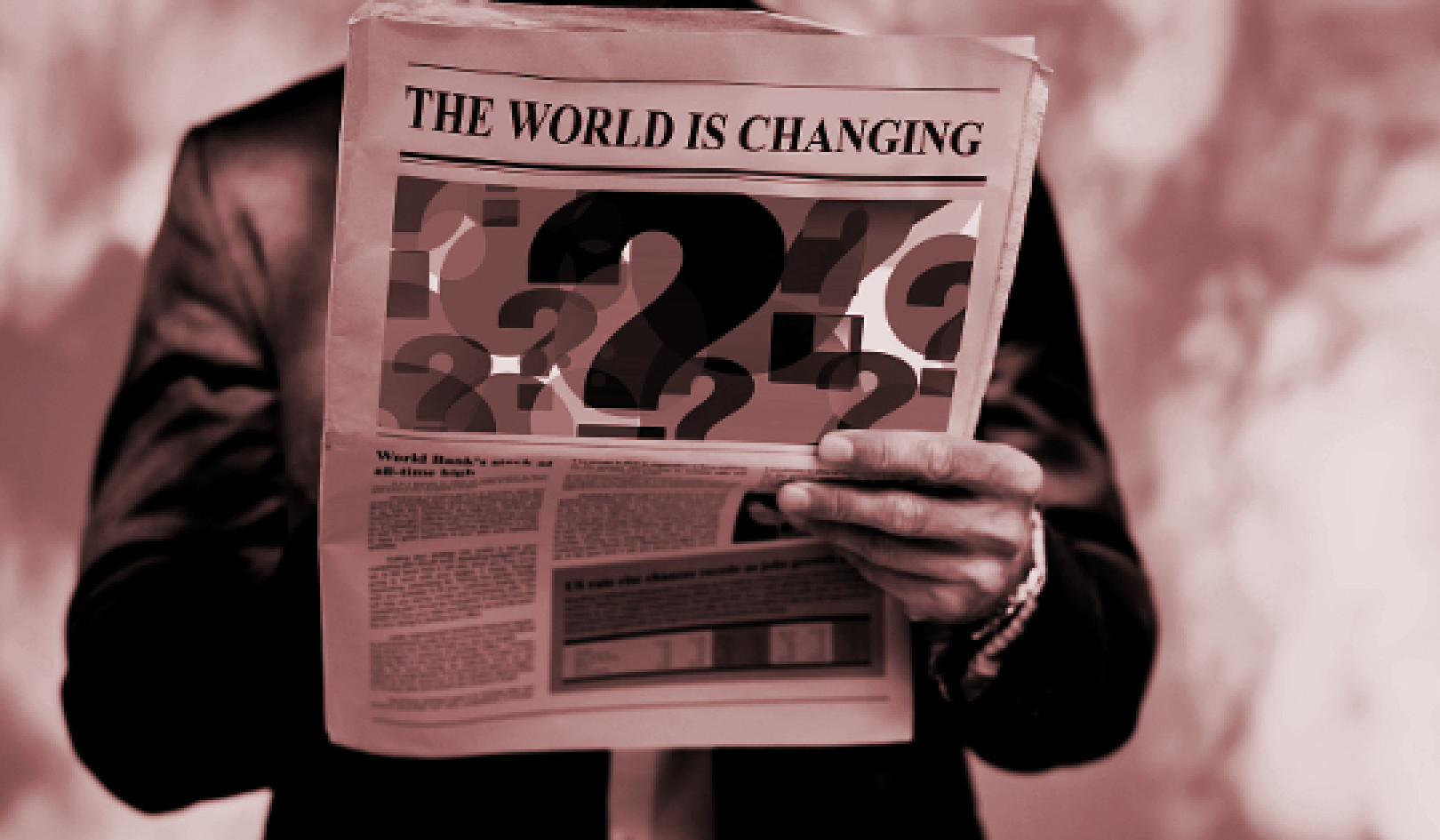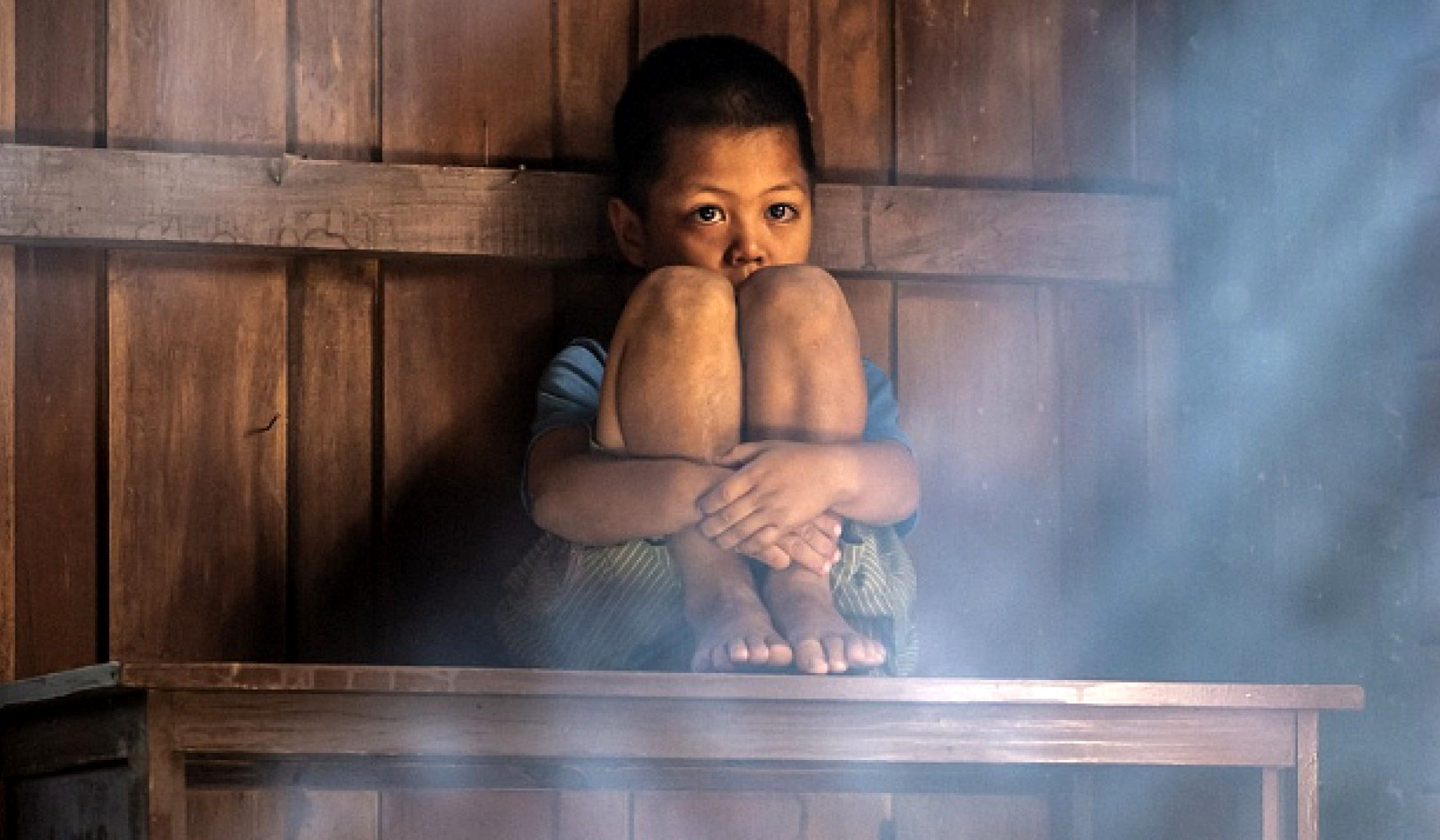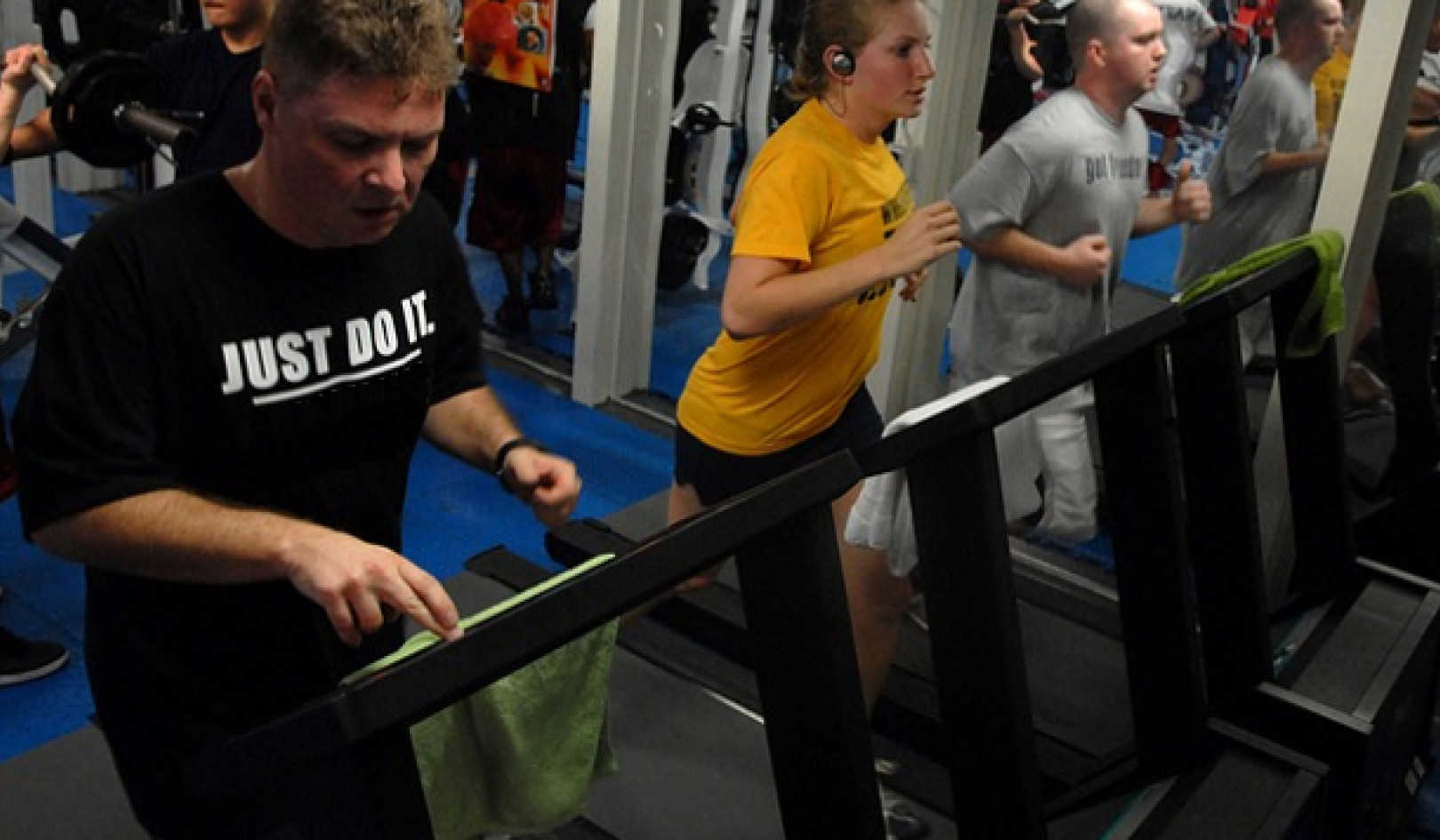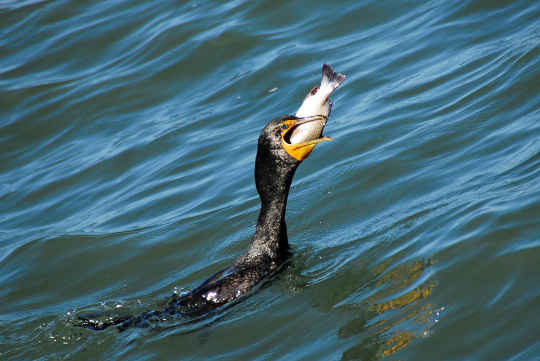
Photo Credit: Andrea Westmoreland, Be Careful What You Ask For. (cc 2.0)
Alarm is growing across America as our new President does exactly what he proposed during the campaign, disappointing those who, for some difficult to understand reason, believed he would change once in office. Others are celebrating, tentatively, as one executive order after another quickly destabilizes agencies and procedures across the country, extending uncertainty into many other countries, especially those deemed to harbor individuals who some consider might wish to harm Americans.
What are the implications? For those directly impacted, there are sudden changes to navigate. For the rest of us, we are called to ponder the reality of what can happen when you get what you asked for.
Voters asked for change and elected a wild card, someone who has never held an elected position of any kind. This surely proves the desperation of millions of Americans, frustrated by government indifference and inefficiency over decades of elitist myopia.
What Were We Really Asking For?
For those of us interested in learning lessons about ourselves from what happens around us, there’s much to examine. For one, we might question what we were really asking for when we voted. Change, yes, but what kind of change exactly, and how?
Did we really expect that a complete maverick, with a history of abusive behavior and a vengeful personality, to suddenly gain the ability, temperament, and compassion to guide our country through the disruption and risks associated with substantial change, even if that change ends up being for the better?
Few details were ever offered to back up those strident calls for change, but enough of us apparently felt confident to elect the Promiser, even though politicians saying whatever they need to say in order to get elected are an undisputed tradition. Our new leader admitted exactly this when he said, during a post-election rally in Grand Rapids, Michigan – responding to chants urging him to lock up Hillary “That plays great before the election… now we don’t care.”
Something To Learn
Here’s something else to learn: we tend to ignore what we don’t want to see and hear. Also, that it’s easy to fall victim to one of our greatest fears, the fear of admitting we’ve been conned. “Con” comes from “confidence.” Those with enough swagger routinely bully others, overwhelming them with their convictions, often based only in their own self-generated certainty.
Ironically, those who fall for this con game will often defend their abuser, even as facts come to light that explode the illusion they’ve invested in. A good example is the mega preacher who is exposed for taking drugs and consorting with hookers. Even then, donors will continue to send in their monthly donations, convinced that the news stories are lies, designed to sabotage this dedicated man of God.
The remarkable reality is that facts themselves are losing credibility. In fact, some commentators are now championing the idea of “alternate facts.” I enjoyed reading a comment online where the author recalled a childhood incident when he gave his father alternate facts… and couldn’t sit down for a few days afterwards! Alternate facts are lies, regardless of how they might be described or spun.
Our new leader presented himself as our savior, proclaiming during one debate – after reciting a litany of dangerous problems in America (many of them untrue) – that he is the only one who can fix things. Really? Here we confront another human tendency, our hope for a rescuer to deliver us from the problems we have made for ourselves.
Perhaps the biggest lesson to learn from getting what we asked for is to take a step back and acknowledge that, ultimately, each of us is fully responsible for ourselves. Simultaneously, none of us is isolated from others; we are here to help each other.
Taking A Stand for Human Decency
In today’s climate of escalating divisiveness and outright hatefulness, we may – if we so choose – model an alternative. It’s not difficult. We can love each other. Wasn’t that Christ’s last directive to his disciples? Can we do it today? Can we love each other, complete with all our differences? Will we do it and, hopefully, inspire others to do the same? And, can enough of us do it to make a significant impact?
We are good at helping each other in a crisis. Well, here’s the crisis. Will we take a stand for human decency and help each other now? This brings Gandhi’s quote to mind: “Be the change you wish to see in the world.”
It’s fascinating that the vast majority of us really are good people, yet the news conveys a very different impression. It’s almost all bad, as if the world was overflowing with terrorists and abusers. Yes, evil is abroad in the land, but so is goodness, and we’re in the majority.
From The Silent Majority To The Engaged Majority
You may recall the term that surfaced in 1967, which President Nixon used to suggest another fallacy, namely that the majority of Americans supported the Vietnam war. That term was “the silent majority.” It seems to be time for “the engaged majority” to show up. All of us are being called to demonstrate the values that our country is based on, not to hope and expect that our leaders will take care of everything, but to be model citizens in the truest sense of the word.
What qualities do you wish to see in the world? We may have our unique perspectives but I’m sure we can agree on the basics, like care for our children, comfort for the elderly, fairness, honesty, etc. Now is the time to activate our passion to become what I call a “local hero,” and inspire others to do the same.
Of course, we’re always going to look with hope for a truly gifted leader, someone cut from the same cloth as Gandhi or Martin Luther King. But we’re not waiting. We’re delivering the goods ourselves, in our own small ways. And, guess what? It all adds up.
We know the story about the straw that broke the camel’s back. I wonder what would happen if each one of us aspired to be that straw, the last individual needed to reach critical mass for our species to shift from deceit and indifference to compassion and love.
All we need do is say “Yes” to ourselves and embrace the opportunities that every moment brings, to “be the change we wish to see in the world.”
That kind of world is worth asking for, worth devoting ourselves passionately to create. And, hopefully, we just might get what we’re asking for!
Subtitles by InnerSelf
©2011 by Master Charles Cannon
nd Synchronicity Foundation, Inc.
Reprinted with permission. All Rights Reserved.
Publisher: SelectBooks, Inc., New York
Article by this Author
 Forgiving The Unforgivable: The Power of Holistic Living
Forgiving The Unforgivable: The Power of Holistic Living
by Master Charles Cannon.
Click here for more info and/or to order this book.
About the Authors
 Master Charles Cannon is the Spiritual Director of Synchronicity Foundation for Modern Spirituality. His other books include: Living An Awakened Life: The Lessons of Love; Forgiving the Unforgivable; Awakening from the American Dream; The Bliss of Freedom; Modern Spirituality; and The Meditation Toolbox. For more information contact Synchronicity Foundation. Visit the website: www.Synchronicity.org
Master Charles Cannon is the Spiritual Director of Synchronicity Foundation for Modern Spirituality. His other books include: Living An Awakened Life: The Lessons of Love; Forgiving the Unforgivable; Awakening from the American Dream; The Bliss of Freedom; Modern Spirituality; and The Meditation Toolbox. For more information contact Synchronicity Foundation. Visit the website: www.Synchronicity.org
 Will T. Wilkinson is a senior consultant with Luminary Communications in Ashland, Oregon. He has written a dozen self-help books and delivered programs in conscious living for forty years, interviewed scores of leading edge change agents, and pioneered experiments in small scale alternative economies. His latest book, Now or Never: A Time Traveler’s Guide to Personal and Global Transformation, published January 2017.
Will T. Wilkinson is a senior consultant with Luminary Communications in Ashland, Oregon. He has written a dozen self-help books and delivered programs in conscious living for forty years, interviewed scores of leading edge change agents, and pioneered experiments in small scale alternative economies. His latest book, Now or Never: A Time Traveler’s Guide to Personal and Global Transformation, published January 2017.


















